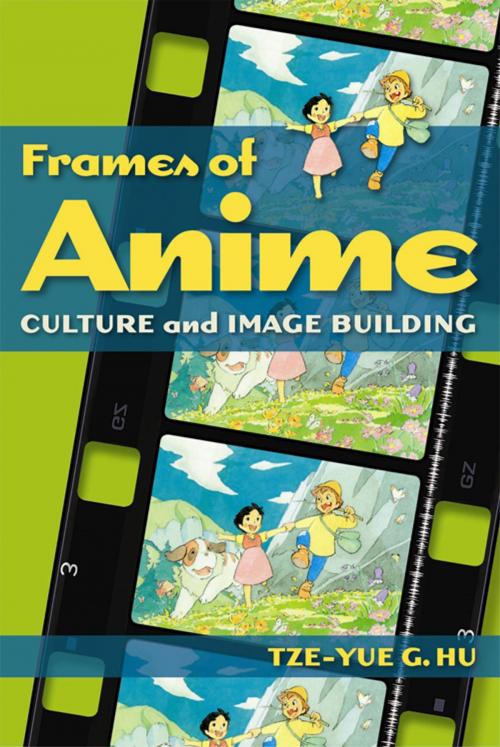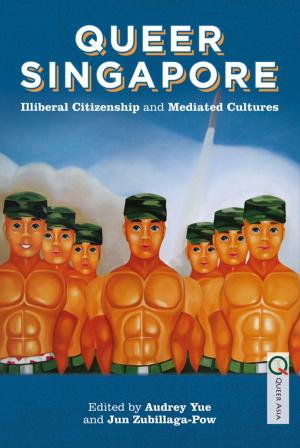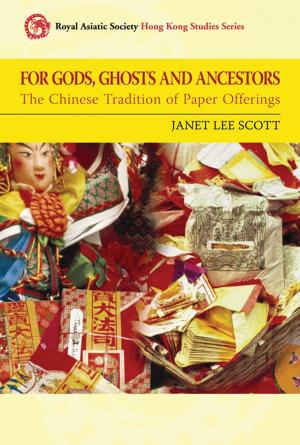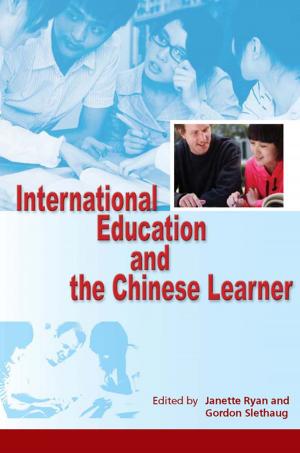| Author: | Hong Kong University Press | ISBN: | 9789882205253 |
| Publisher: | Hong Kong University Press | Publication: | December 15, 2009 |
| Imprint: | Language: | English |
| Author: | Hong Kong University Press |
| ISBN: | 9789882205253 |
| Publisher: | Hong Kong University Press |
| Publication: | December 15, 2009 |
| Imprint: | |
| Language: | English |
Japanese anime has long fascinated the world, and its mythical heroes and dazzling colors increasingly influence popular culture genres in the West. Tze-yue G. Hu analyzes the “language-medium” of this remarkable expressive platform and its many socio-cultural dimensions from a distinctly Asian frame of reference, tracing its layers of concentric radiation from Japan throughout Asia. Her work, rooted in archival investigations, interviews with animators and producers in Japan as well as other Asian animation studios, and interdisciplinary research in linguistics and performance theory, shows how dialectical aspects of anime are linked to Japan’s unique experience of modernity and its cultural associations in Asia, including its reliance on low-wage outsourcing. Her study also provides English readers with insights on numerous Japanese secondary sources, as well as a number of original illustrations offered by animators and producers she interviewed.
Japanese anime has long fascinated the world, and its mythical heroes and dazzling colors increasingly influence popular culture genres in the West. Tze-yue G. Hu analyzes the “language-medium” of this remarkable expressive platform and its many socio-cultural dimensions from a distinctly Asian frame of reference, tracing its layers of concentric radiation from Japan throughout Asia. Her work, rooted in archival investigations, interviews with animators and producers in Japan as well as other Asian animation studios, and interdisciplinary research in linguistics and performance theory, shows how dialectical aspects of anime are linked to Japan’s unique experience of modernity and its cultural associations in Asia, including its reliance on low-wage outsourcing. Her study also provides English readers with insights on numerous Japanese secondary sources, as well as a number of original illustrations offered by animators and producers she interviewed.















